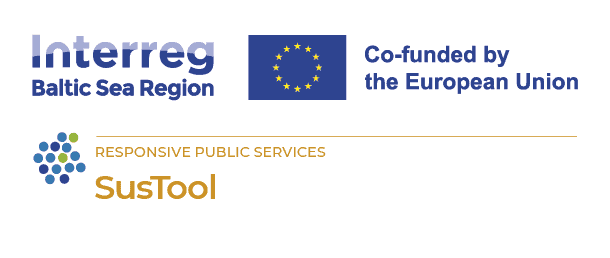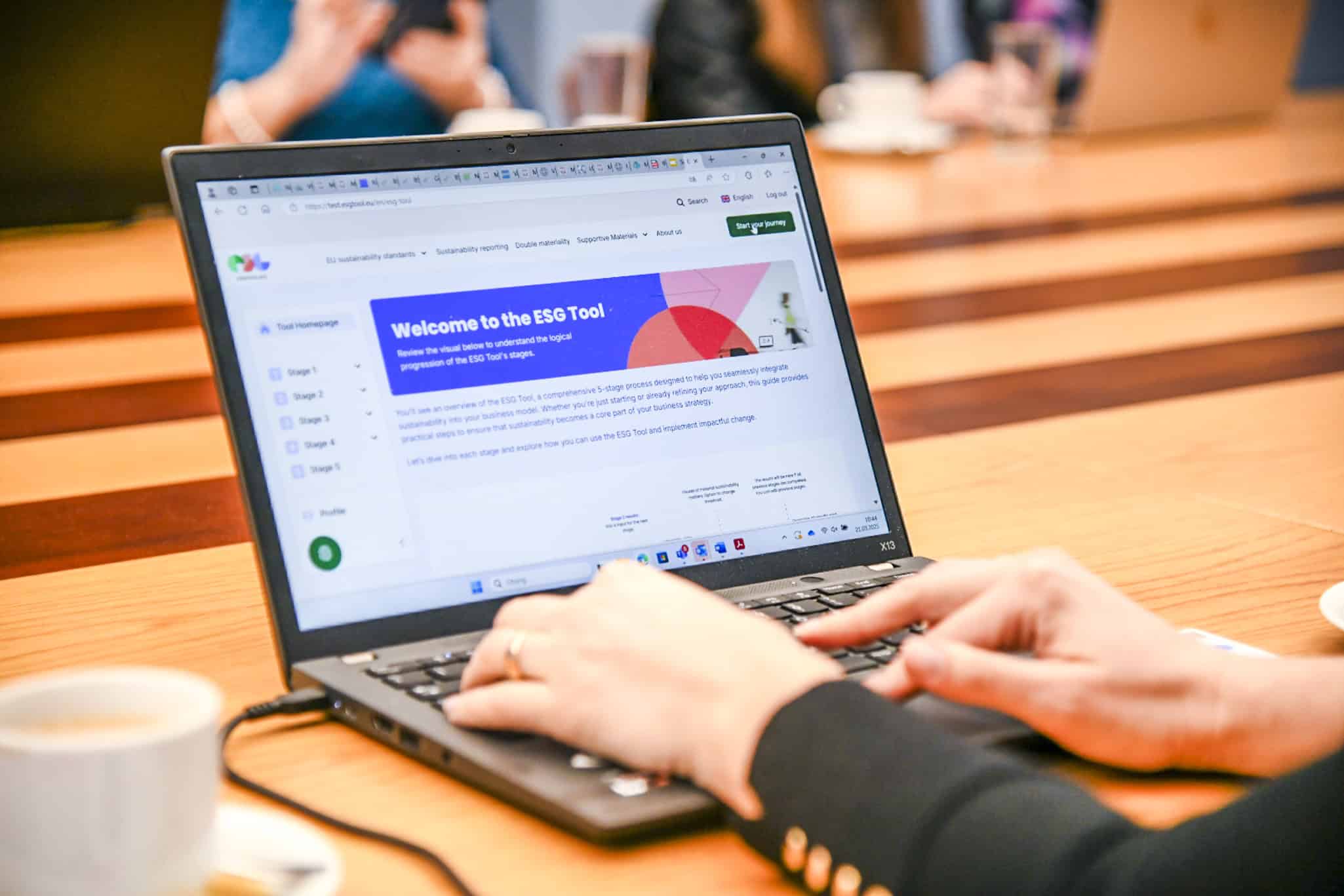
Why self-assessment still matters — even as requirements shift
22 April 2025
The European Commission is currently preparing a set of amendments to the European Sustainability Reporting Standards (ESRS), commonly referred to as the omnibus changes. These proposals aim to simplify reporting obligations, particularly for small and medium-sized enterprises (SMEs). If adopted, many companies that previously fell under reporting requirements may soon be excluded — at least formally.
But the broader direction remains unchanged: Sustainability reporting isn’t disappearing — it’s evolving.
While some obligations may be relaxed, the expectations for transparency, reflection, and accountability continue to grow. For many companies — especially those involved in larger supply chains or working with international partners — the need to understand and communicate sustainability efforts will remain, whether required by law or not. At the same time, communicating clearly and fairly with end users is becoming just as important, as public awareness around sustainability continues to grow and influence decision-making.
This is where self-assessment becomes essential. The ability to internally map sustainability priorities, reflect on impacts, and define what matters is a cornerstone of credible sustainability practice. And that work doesn’t start with external reporting requirements — it starts from within.
A key part of this process is understanding double materiality — the idea that companies must consider both how sustainability issues affect their business, and how their business affects society and the environment. Even with upcoming simplifications, this principle remains at the heart of the ESRS. Self-assessment helps companies engage with these questions early, giving them clarity and confidence in how they report — and how they act.
Our ESG Tool is developed exactly for this purpose. Built as part of the SusTool project and co-financed by the Interreg Baltic Sea Region Programme, the tool is designed to help SMEs navigate sustainability expectations in a practical and accessible way. It supports companies in understanding key concepts, assessing and identifying material sustainability topics, and taking meaningful steps towards sustainability — with or without a formal reporting obligation.
While the ESRS thresholds may shift one thing is clear: the mindset of self-disclosure remains vital. The willingness to reflect, assess, and communicate transparently is what gives sustainability reporting its value — and that mindset will continue to define responsible business well beyond any regulatory framework.
While new SME-specific standards are being developed and expectations from stakeholders continue to rise, structured self-assessment is one of the most useful investments a company can make. It helps prepare for future reporting, and foster the kind of transparency that customers, partners, and employees increasingly expect.
Whether your company is preparing a full report, responding to supply chain requests, or simply looking to understand where you stand, our ESG Tool offers a clear starting point — one that’s built on reflection, relevance, and readiness for the future.
| Anna Maria Ranczakowska Estonian Ministry of Economic Affairs and Communications |






